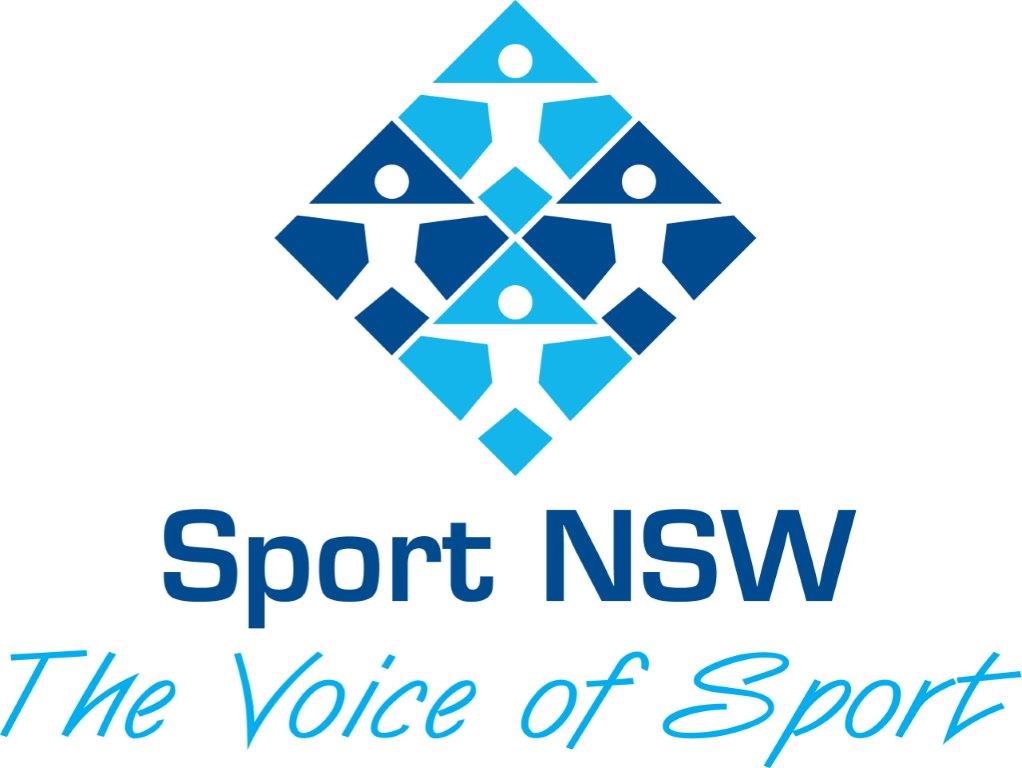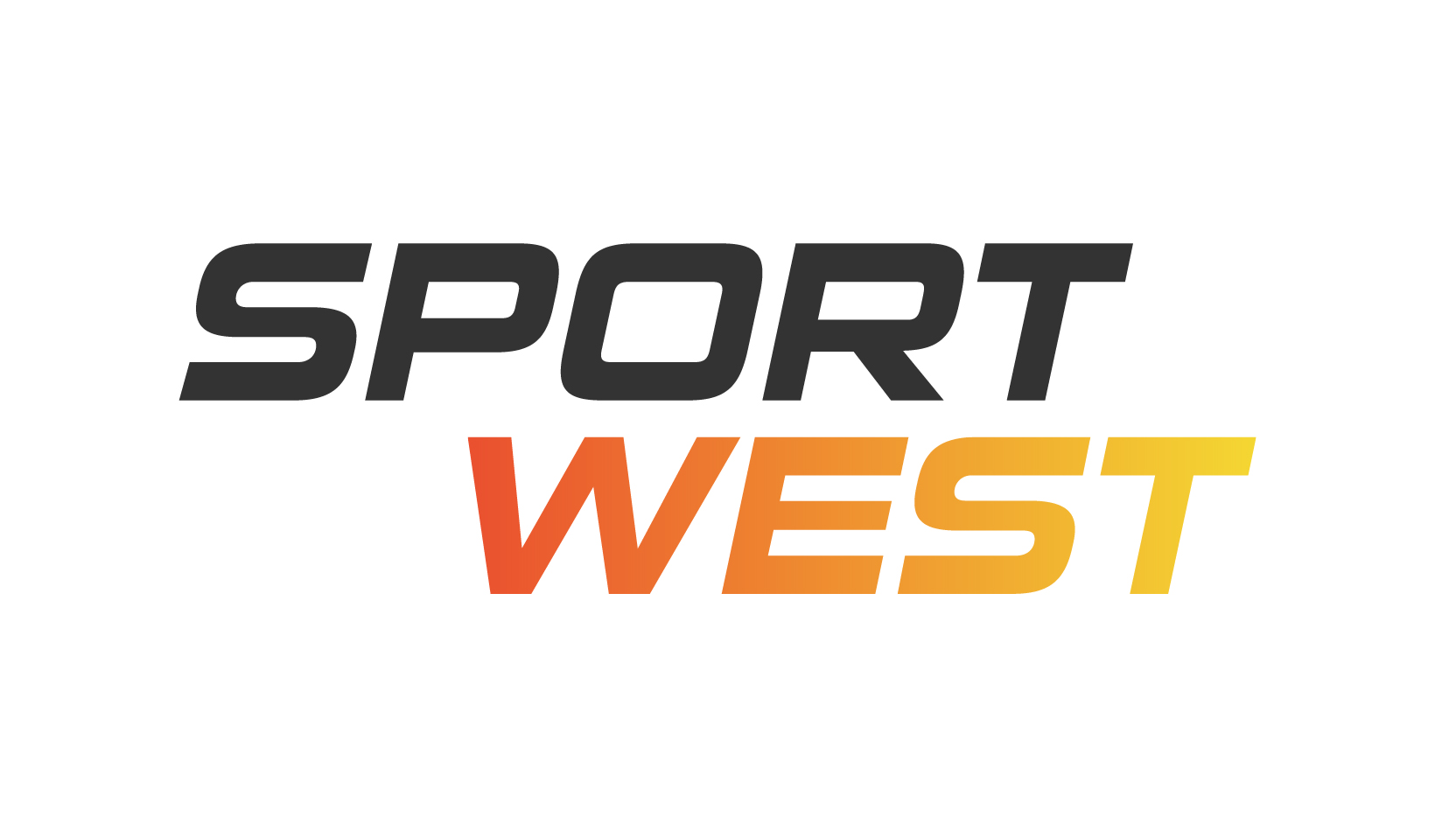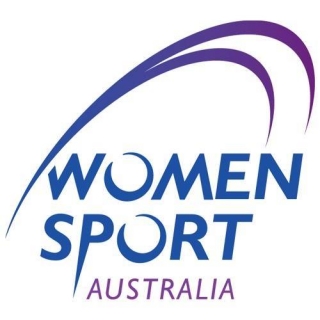While it is true some 60% of jobs in the sport industry are filled without advertising, the challenge of preparing a resume will be faced by most of us at some stage during our career. While not intending to understate the value of a resume, it is vital to remember a resume won’t necessarily get you the job. An effective resume should aim to get you an interview.
Despite an abundance of information to the contrary, a resume should not be viewed as a complex document. A good resume provides concise details of your skills, qualifications and experiences, assisting a prospective employer in making a determination whether to meet you or not.
The truth is, if you were to ask ten recruitment agencies for opinion on how best to prepare a resume, it’s likely you will receive ten different responses! There are however, a few common tips, which are useful, practical and common sense guides when preparing a resume.
Before sending your application, find out as much as you can about the employer. Check out their website, get your hands on a copy of their last Annual Report, ask for an information pack to be forwarded or talk to someone who knows the people and/or the organisation. A detailed Position Description should be available, stating among other things, the position role and responsibilities as well as the key selection criteria.
Once you have all this information at hand, make two decisions:
- Whether you have the necessary skills, experiences and qualifications being sought; and,
- Whether the role, the organisation, the location, salary (if stated) and tenure match your personal and professional objectives. If you believe you match the role and the position fulfils your needs, then you should proceed with your application. As a general rule, you should:
- Provide a covering letter (1-2 pages max) stating why you want to work in the position;
- Tailor the resume for the application – don’t just regurgitate the same letter & resume for every job;
- Address the selection criteria;
- Keep your language simple;
- Keep your layout and design as simple as possible, using an easy-to-read font and make good use of bullets points and headings;
- Keep it brief. As a guide 4-5 pages is ample for senior roles and 2-3 for entry level roles;
- For the time being (and unless asked) leave out all details of past salaries, bonuses and superannuation payments. You might inadvertently over/under price yourself;
- Give employers what they want hear. When describing your achievements use phrases and words that appear in the job advertisement;
- When listing your employment history be specific about organisations for which you’ve worked. Give a brief description of the organisation, your role, responsibilities and specific achievements;
- Don’t use vague language such as “involved in” and “contributed to” as they don’t make sense to an employer. List your achievements in measurable terms, be specific and don’t overstate what you have achieved;
- Take your time in preparing the application and check the close date. You don’t have to be the first applicant – just the best;
- Make sure you provide current contact numbers;
- If lodging electronically, include your covering letter and resume merged as one file attachment – this means there’s only one attachment to open and save;
- Indicate referees are available upon request. Your referees are valuable people and, like your resume, may need to change to suit specific applications.
While not necessarily excluding a candidate, errors in a resume or covering letter are avoidable. Some common errors include the following:
- Typing errors can be costly! Despite the availability and simplicity of spell check programs, typing errors remain surprisingly common among job seekers. Your stated “attention to detail” may be a little hard to believe if your resume has a number of mistakes;
- Don’t provide minute details about things that happened more than 10 years ago. Be very brief with older, less pertinent information;
- Don’t make unsubstantiated claims. Be honest and don’t exaggerate to sound more experienced. Sell yourself and be assertive, but avoid embellishment;
- Don’t overstate qualifications. Listing current studies as “Education” often implies the completion or conferring of the qualification. If you are presently undertaking studies, note this clearly as “in progress”;
- Avoid lengthy resumes, with lots of irrelevant attachments. There may be an opportunity later to present these documents face-to-face;
- Avoid submitting a covering letter that is clearly a mail merge document, with a top and tail paragraph insert. You need to construct a letter which shows you have thought about the role and assert your suitability;
- Prior to submitting an application and after receiving the information package, it is acceptable to ring the employer to discuss the role and your suitability. Ringing to confirm receipt of your application is also acceptable practice. Outside of this, keep your contact with the employer to a minimum.
In a market where the skilled candidate pool significantly outnumbers the available jobs, there presently exists healthy competition to secure employment in the Australian sport management industry. Presenting an easy to read & understand resume is part of the process of how the employer (or recruiter) views your candidature.
People Recruitment Group





